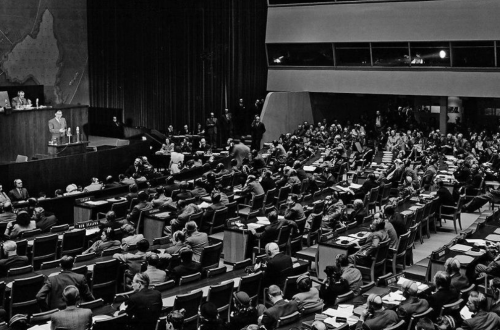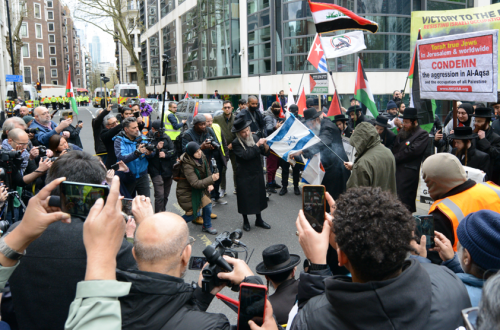There are genuine debates to be had about how best to tackle extremism. Last night’s Newsnight hosted one such debate, with Fiyaz Mughal, Raza Nadim and Zubeda Limbada discussing how to deal with the problem of radicalisation in the wake of the recent news that three sisters and nine children have apparently left Britain for Syria . There are also debates to be had about fasting. Some primary schools have sought to ban fasting and Muslims have different ideas about how, and when, it is permissible to modify the long summer fasts in more northerly countries.
Although some think counter-extremism strategies in the UK have alienated British Muslims, a far tougher line is taken in China.
Some local governments in China’s unruly far western region of Xinjiang are stepping up controls on the Islamic faith followed by the Uighur people ahead of Ramazan, including making officials swear they will not fast.
…
In recent days, state media and government websites in Xinjiang have published stories and official notices demanding that party members, civil servants, students and teachers in particular do not to observe Ramazan, something that happened last year too.
In Jinghe county near the Kazakh border, food safety officials decided last week that they would “guide and encourage” halal restaurants to stay open as normal during Ramazan, the government said on its website. Those that do stay open would get fewer visits from food safety inspectors, it added.
…
In Maralbexi county, where 21 died in violent unrest in 2013, party officials had to give verbal as well as written assurances “guaranteeing they have no faith, will not attend religious activities and will lead the way in not fasting over Ramazan”, state media said.
It’s genuinely difficult to know how to strike the right balance when dealing with a complex issue such as extremism, involving many possible causes and factors – but this surely isn’t it.


